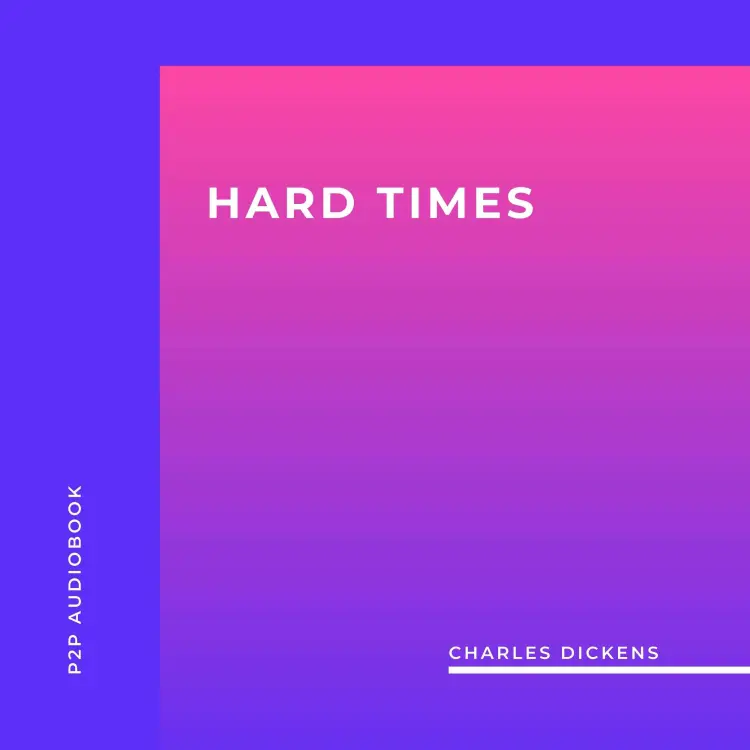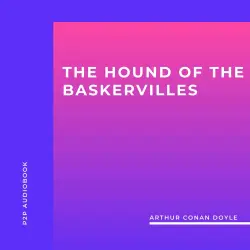
Hard Times
Charles Dickens
Unabridged
11 hours 24 minutes
Note: Costs may be incurred for playing the audio books or audio plays on the respective platforms, e.g. Spotify. Lismio has no influence on which audiobooks and audio plays are available on the service.
Some articles contain affiliate links (marked with an asterisk *). If you click on these links and purchase products, we will receive a small commission at no extra cost to you. Your support helps to keep this site running and to continue creating useful content. Thank you for your support!
From the publisher
Hard Times is unusual in several respects. It is by far the shortest of Dickens' novels, barely a quarter of the length of those written immediately before and after it. Also, unlike all but one of his other novels, Hard Times has neither a preface nor illustrations. Moreover, it is his only novel not to have scenes set in London. Instead the story is set in the fictitious Victorian industrial Coketown, a generic Northern English mill-town, in some ways similar to Manchester, though smaller. Coketown may be partially based upon 19th-century Preston. One of Dickens's reasons for writing Hard Times was that sales of his weekly periodical, Household Words, were low, and it was hoped its publication in instalments would boost circulation - as indeed proved to be the case. Since publication it has received a mixed response from critics. Critics such as F. R. Leavis, George Bernard Shaw, and Thomas Macaulay have mainly focused on Dickens's treatment of trade unions and his post-Industrial Revolution pessimism regarding the divide between capitalist mill owners and undervalued workers during the Victorian era.








